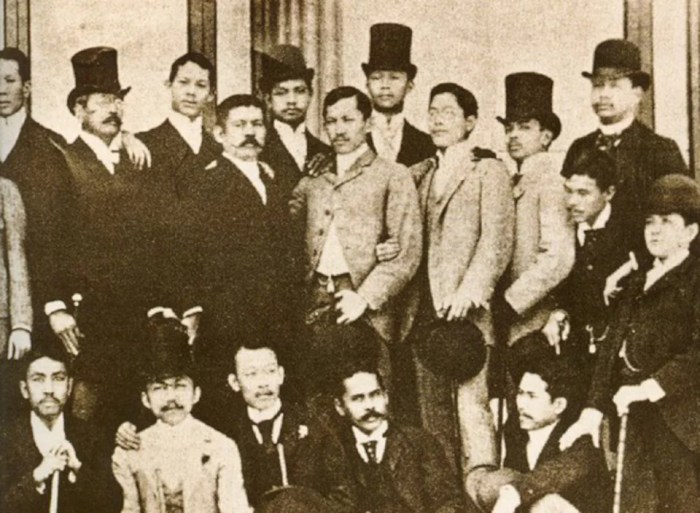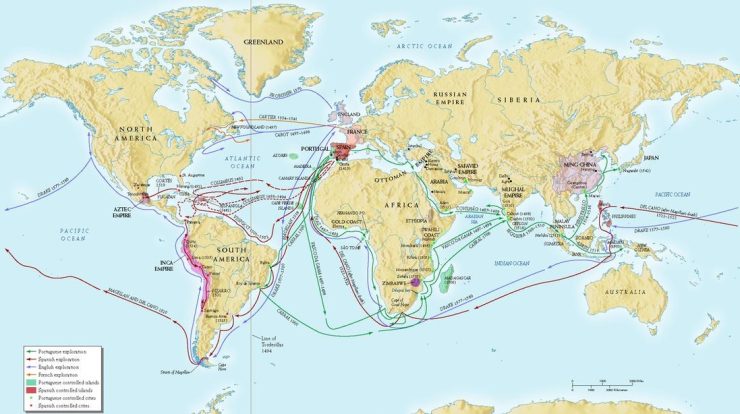The phrase “nosotros no jose bernardo adolph” holds profound historical and cultural significance, shaping societal discourse and influencing artistic expression throughout history. As we delve into its origins, usage, and contemporary relevance, this exploration will illuminate the enduring impact of this evocative statement.
Emerging during a pivotal era, “nosotros no jose bernardo adolph” encapsulated the sentiments of a nation grappling with identity, political upheaval, and the horrors of war. Key figures played instrumental roles in shaping its historical context, their actions and beliefs leaving an indelible mark on the phrase’s meaning.
1. “Nosotros no jose bernardo adolph” in Context

The phrase “nosotros no jose bernardo adolph” (“We are not Jose Bernardo Adolph”) holds significant historical and cultural relevance in the context of Argentina and the broader Latin American region. It emerged as a rallying cry during the 19th century, expressing a sense of national identity and resistance against foreign influence.
Historical Background, Nosotros no jose bernardo adolph
In the early 19th century, Argentina struggled to establish a stable and independent government following the collapse of the Spanish colonial empire. Various factions vied for power, including those who sought to align with European powers or establish a monarchy.
Jose Bernardo Adolph, a French-born adventurer, emerged as a prominent figure in this tumultuous period. He claimed to be the illegitimate son of King Louis XVI of France and sought to establish a monarchy in Argentina. His ambitions were met with strong opposition from those who believed in a republican form of government.
Cultural Impact
The phrase “nosotros no jose bernardo adolph” became a symbol of resistance against foreign intervention and a celebration of Argentine national identity. It was used in songs, poems, and other cultural expressions to convey a sense of unity and pride.
The phrase has also influenced contemporary Argentine culture. It is often used in political discourse to express opposition to foreign influence or policies perceived as detrimental to the nation’s interests.
Sociopolitical Significance
The phrase “nosotros no jose bernardo adolph” has played a significant sociopolitical role in Argentina. It has been used to mobilize public opinion and shape political debates.
For example, during the 20th century, the phrase was used by nationalist movements to oppose foreign investment and perceived threats to Argentine sovereignty.
Contemporary Relevance
The phrase “nosotros no jose bernardo adolph” continues to resonate in modern Argentine society. It is often used in political discourse and cultural expressions to convey a sense of national pride and independence.
The phrase also serves as a reminder of the importance of preserving national sovereignty and resisting foreign influence that may undermine the nation’s identity and values.
General Inquiries
What is the origin of the phrase “nosotros no jose bernardo adolph”?
The phrase emerged during a period of political turmoil and social unrest, reflecting the sentiments of a nation grappling with its identity and the horrors of war.
How has the phrase been used throughout history?
The phrase has been used in various contexts, from political speeches and literary works to artistic expressions, conveying messages of resistance, identity, and social commentary.
What is the contemporary relevance of the phrase?
The phrase continues to resonate in modern society, inspiring discussions on issues of identity, social justice, and the human condition.


